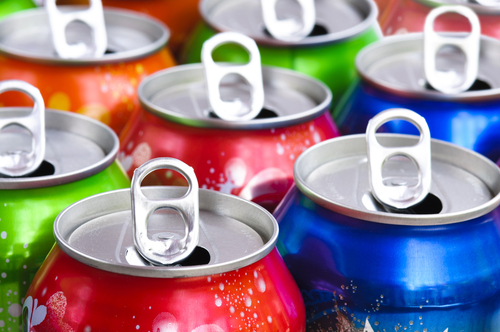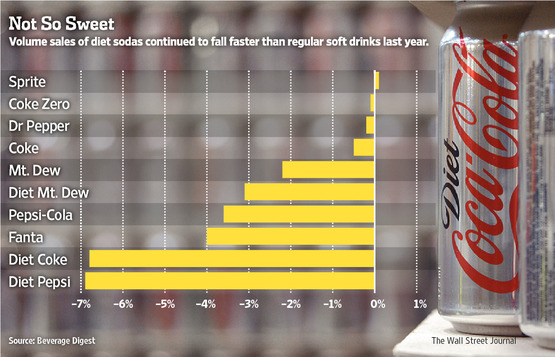NEW ORLEANS—While controlling workers compensation costs often focuses on mitigating the risk of slip-and-falls or ensuring employees have proper safety gear, some notable exposures exist in employees’ everyday personal lifestyle choices. In the Thought Leader Theater at RIMS 2015, Fred Hubbs, a partner in the lawfirm Hall Booth Smith, P.C., discussed how different trends—from the obesity epidemic to telecommuting—can increase risk exposure in the workplace.
As the workers comp system is based on principles of no fault and no personal responsibility and there are broad state definitions of what is medically necessary or what an employer is responsible for, employers are often vulnerable to what Hubbs calls “lifestyle risk.” Obesity, smoking, non-compliance with treatment for diabetes, and telecommuting can all put employees at risk, and either contribute to a compensable event or complicate the recovery process.
Obesity, which affects approximately 37% of Americans and is expected to his 50% by 2030, is a well-documented factor in workers comp, with obese workers filing twice as many claims that tend to be up to seven times more expensive and see these workers missing thirteen more days a year, while indemnity benefits paid can be five times higher. And some states have ordered employers to pay for weight loss that is medically necessary to facilitate recovery.
Smokers are also drastically more likely to be injured at work, and smoking while on the job can lead to specific accidents in the workplace that are compensable. In fact, courts have ruled that, if smoking is only a slight deviation from job duties, an accident that occurs while a worker is on a smoke break is compensable. In at least two states, employers are also now required to pay for smoking cessation programs if doctors deem it necessary to help with recovery from surgery.
For diabetic employees, a refusal to comply with treatment can expose employers, whether because of the increased risk of seizure, making a minor injury worse, or delaying recovery. Some treatments for injuries sustained on the job can also aggravate pre-existing diabetes, which can be a compensable event.
For all of these issues, Hubbs recommended that employers get more proactive to help employees be healthier, reduce workers comp costs, and even benefit from some incentives from new healthcare laws. Stop-smoking campaigns and weight-loss or activity-boosting initiatives can all aid in these efforts, and these employee-sponsored wellness programs are promoted under new healthcare laws, which may offer direct incentive to businesses that introduce them. Ensuring that employees are complying with doctors’ orders regarding these required efforts is also important, and may be actionable if employees are refusing. There are laws that require employees to comply if they are receiving workers comp benefits, Hubbs said, and employers should seriously examine their legal ability to stop compensation if an employee refuses to submit to a reasonable examination or treatment.
Finally, Hubbs cautioned that many employers should be more cognizant of the risks of telecommuting. While working remotely is certainly nothing new, it is continuing to grow, especially after President Obama signed the Telework Enhancement Act requiring government agencies to establish policies for working outside the office. These arrangements can severely complicate workers comp questions, however, as the lines blur surrounding whether an accident that occurs in the home is compensable and whether an employee is on or off the clock at any given time. To mitigate some of these risks, he recommended that employers:
- Visit the “jobsite” to evaluate where employees will be working
- Email or otherwise communicate when an employee is on or off the clock
- Create a written and signed agreement that designates hours and breaks, designates rooms in the house as “office” space, specify what duties are included in the telework, designate “personal comfort” areas, and attach panel of physicians in states where appropriate


